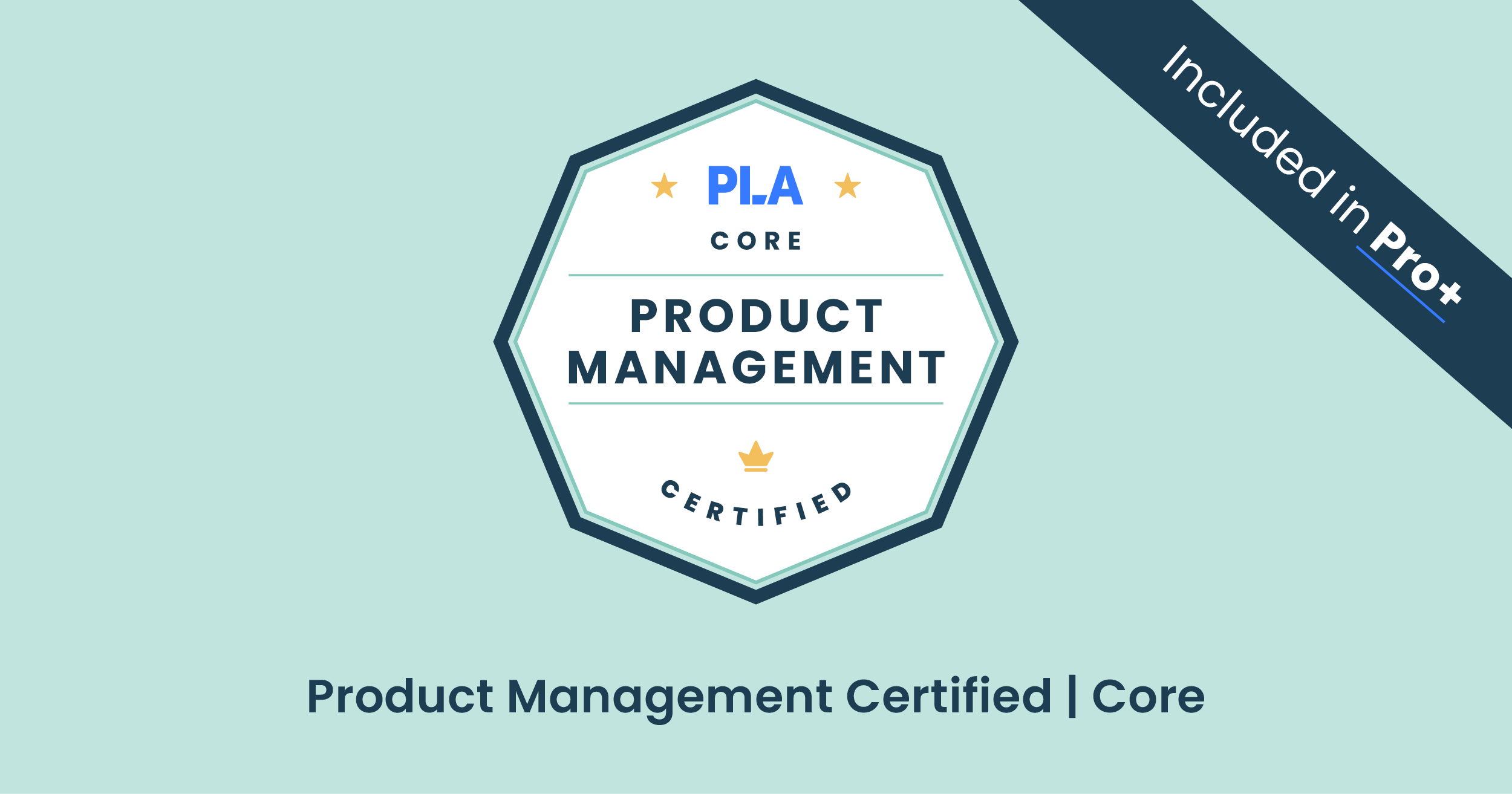A considerable number of people ask whether or not they've selected the most suitable career path in order to achieve professional fulfillment. These individuals might contemplate switching to product management (PM), drawn to the field by the enticing salary opportunities and the general sense of enthusiasm associated with it.
The actuality is considerably more nuanced.
I've come across a considerable number of people in my network who have expressed interest in entering the field of product management, only to discover that their expectations and skill set may not be compatible with it. This emphasizes the significance of self-reflection prior to undertaking a career change: time is, in fact, a valuable commodity.
Prior to undertaking a PM position, an individual must diligently assess their preparedness and appropriateness for the obligations that accompany it. Do you genuinely enjoy the process of product development and its prospective ramifications? Do you possess the requisite proficient communication abilities to effectively engage stakeholders and facilitate the alignment of user requirements with business goals? These factors are crucial and merit thoughtful contemplation prior to embarking on the ever-evolving domain of product management.
The beginning of my product journey
Before I started my journey into product management (PM), I actively sought advice from people who were already working in this field. I started talking to people by writing them cold emails to get in touch with experienced product managers on sites like LinkedIn. I also talked to product managers in my company to get first-hand information about their duties and jobs.
To get a better idea of the subject, I paid for sessions led by experts in the field on Top Mate to learn more about its complexities. At first, I thought that all product managers would have the same set of duties, but as I talked to more people in the field, I learned that each PM job is very different from one company to the next. Some basic duties don't change, like planning the product strategy and roadmap, but the specifics often change depending on the organization.
Accepting that the job is always changing, I learned that as product managers, we need to be able to change and wear many hats to deal with different problems. Our work world is naturally metric-driven, which shows how important it is to make decisions based on data to make a product successful.
Accepting that the job is always changing, I learned that as product managers, we need to be able to change and wear many hats to deal with different problems. Our work world is naturally metric-driven, which shows how important it is to make decisions based on data to make a product successful.
Getting into product
Upon realizing my genuine interest in product management, my first step was to seek out online courses to deepen my understanding. With a plethora of free resources available on platforms like YouTube, I immersed myself in learning. I completed certificate courses offered by ProductHQ and HelloPM, leveraging their structured curriculum to broaden my knowledge base.
Engaging in cohorts and workshops, I honed my skills by actively participating in case study analyses. Recognizing the importance of continuous practice, I dedicated time to writing about various case studies to reinforce my learning. Additionally, I highly recommend delving into top product management books, as they provide invaluable insights and practical strategies essential for mastering the discipline.
Top product management books
1. "Decode and Conquer”, authored by Lewis C
2. "The Lean Startup: How Today's Entrepreneurs Use Continuous Innovation to Create Radically Successful Businesses" by Eric Ries
3. “PM Interview Questions: Over 160 Problems and Solutions for Product Management Interview Questions”, authored by Lewis C
Apart from delving into books, I actively involved myself in hackathons and volunteered to acquire hands-on experience in the product domain. I further solidified my understanding of concepts by creating side projects as minimum viable products (MVPs).
Additionally, I became part of online product communities that continually inspire and support me in crafting outstanding products for the future. The articles and courses offered by these communities continuously enrich my existing knowledge base.
I entered the field of product management out of pure curiosity and an openness to learning. I started with little things, like reading books, going to workshops, and connecting with industry experts. I was getting closer to achieving my goal of becoming a product manager with each step I made.
My career journey
With a Bachelor of Computer Engineering from Mumbai University in India, I started my engineering career in my intermediate years. My professional path was shaped as I followed my interests. I next went after a Master's degree in Computer Science (SUNY, New York) in an effort to broaden my knowledge in the subject. My ability for product management was progressively discovered through industrial experience, and I realized that I have the solid skill sets needed to succeed in this field.
Finding inspiration
According to Steve Jobs, "The only way to do great work is to love what you do." This sentence defines passion-driven greatness. Jobs thought that true greatness comes from job passion. Passion drives creativity, perseverance, and excellence. Loving what you do requires a deep sense of purpose and fulfillment. Passionate workers are willing to put in the time, effort, and attention needed to succeed.
Setbacks are considered as learning opportunities rather than deterrents. Passion drives innovation, pushing the limits. It encourages constant improvement and perfection. Passion is contagious, pushing others to pursue a common goal. Steve Jobs' statements emphasize that brilliance requires passion.
Landing a product role requires a great deal of study, commitment, and regular practice. Having made the move from a background in software engineering to a product role, I can personally attest that, although it takes work, it is completely possible. If I was able to make the shift successfully, I think you can, too, if you're determined and persistent enough.
Navigating the job market with strategy
According to a Morningstar report, there are still options to consider in order to secure employment opportunities, even though the job market may face difficulties in the future due to the predicted moderate increase in the unemployment rate from an average of 3.8% to 3.9% in 2024. The following are some tactics for surviving the competitive job market:
1. To analyze and improve your resume, get expert advice.
2. Make proactive contact with people in your network by sending cold emails.
3. Take part in networking events, hackathons, communities, cohorts, and courses, among other things. Make use of these channels to highlight your achievements.
4. Apply for jobs both with and without referrals to increase your chances of getting hired.
5. Take on side projects and compile a portfolio to show off your abilities.
6. Keep your eyes open for any chance that fits your professional objectives and advances your development as a product management professional ( UX researcher, Product Owner, Product Marketing roles, etc).
Conclusion
The job market may seem daunting, but with persistence and curiosity, you will find your place. Just remember to "Fall in love with the problem, not the solution." - Eric Ries, author of "The Lean Startup"
Become certified in product management to set you apart from the rest.
Equip yourself with expert-led strategies and industry-standard tools to lead your product management strategy with confidence or land your first Product Manager role.




 Follow us on LinkedIn
Follow us on LinkedIn



